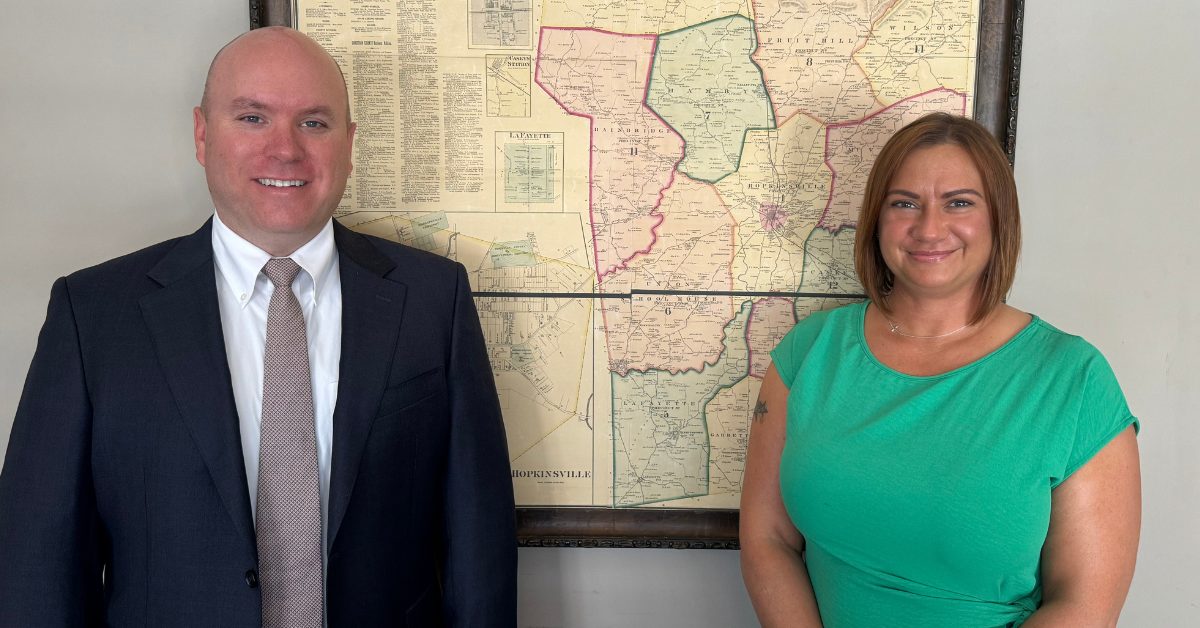In Tennessee, each county varies as to whether a hearing is required to open an estate. For example, the Probate Courts in counties such as Davidson, Rutherford, and Williamson require a hearing. Sometimes this hearing can be heard before a special Probate Master and other times it must be heard by a judge. By contrast, in localities such as Montgomery County, Robertson County, Houston County, or Stewart County once the paperwork is filed with the Court, the Clerk and Master will review the paperwork and if everything is in order, Letters Testamentary will be issued.
These Letters are issued to the personal representative of the estate – the executor or administrator. The Letters validate to the world that the personal representative listed in the letters is the person responsible for handling the deceased’s affairs. Accordingly, these Letters act as a “golden ticket” for the personal representative to access anything that is in the deceased’s name after their death.



 Julia Mynhier
Julia Mynhier 
 Crow Estate Planning
Crow Estate Planning 
 Kyle Shannon
Kyle Shannon 
 John Crow
John Crow 